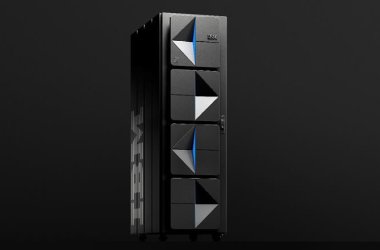Ocado Technology has released Kubermesh, a free and open source package designed to simplify data center architectures for smart factories.
The Kubermesh package uses container-based technology and the Kubernetes system to implement an on-premise private cloud architecture where desktop computers can be easily configured to become nodes that support the compute or storage functionality typically delivered by a high-performance server in a data centre.
Chris Dabrowski, GM of infrastructure, operations and site reliability engineering at Ocado Technology says: “Kubermesh is a cost-efficient solution to running our highly-automated Customer Fulfillment Centers based on a distributed network of computing nodes spread around the warehouse rather than high-performance servers concentrated in one large data center. This is a bold idea that has the potential to revolutionize the way companies approach on-site data center architectures. Thanks to the power of open source software such as Kubernetes, our platform automation team was able to quickly design a working prototype and develop it further based on advanced simulations of our future warehouse automation requirements. We’re very excited to continue unlocking the potential of container technology at Ocado and hope that the open source community uses Kubermesh in new and exciting ways.”
Kubermesh-based nodes are fault-tolerant, secure, flexible, and are designed to process the vast amounts of real-time data generated in smart factories such as automated warehouses. By distributing data center functionality in a mesh network of nodes, Kubermesh removes the need for a dedicated data center and complex networking infrastructure, thus achieving significant energy savings and reducing the capital and operational expenditures associated with maintaining on-premise high-performance servers.
Ocado Technology is planning to use the same container technology and Kubernetes system to build an upcoming massive multiplayer online game (MMO) that teaches secondary school students the principles of artificial intelligence (AI). The open source game will be developed and promoted as part of the Code for Life initiative started by Ocado Technology volunteers to inspire the next generation of computer scientists.





